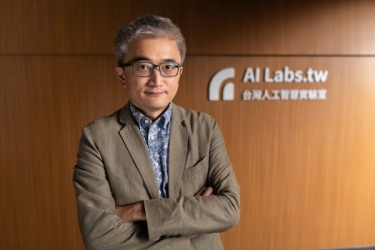The research hub works with both the private and public sectors and has spearheaded cutting-edge research leveraging the power of AI, including developing automated diagnostics for COVID-19 and the design and implementation of Taiwan's social distancing app.
However, with requirements spanning from massive parallel processing during the training phase, to high data and service availability when powering the newly developed applications, there was a vast and growing amount of data. This led the Taiwan AI Labs IT team to seek a versatile solution to manage this ever-increasing data pool, generated by its diverse portfolio of sophisticated projects.
That search led the team to Synology, saying "Synology's unmatched performance, scalability, and reliability are exactly what we needed to build our petabyte-scale data warehouse."
|
|
The team chose Synology enterprise storage systems to build a powerful object storage cluster, keeping scalability and reliability requirements in mind. The storage was complemented with all-flash systems for added performance when tackling latency-sensitive workloads.
Individual services are provisioned and managed by Kubernetes, running directly from the Synology storage. To ensure uptime and provide fault tolerance and disaster avoidance the solution has been deployed using Synology High Availability (SHA) clusters.
Data security is also a critical factor, so the solution also uses a backup architecture designed with highly scalable Synology SA series units and Snapshot Replication to create point-in-time copies of shared folders and LUNs. These can then be swiftly restored in case of data loss, whether accidental or malicious.
Taiwan AI Labs now plans to leverage Hyper Backup and C2 Storage as one of the solutions needed to complete its 3-2-1 backup architecture, adding resiliency to the deployment and further reducing IT management overhead.
"From project conceptualisation to final delivery and support, Synology solutions provide a solid foundation for us to focus on research and development without being limited by infrastructure," Taiwan AI Labs explained.











































